
Loading...
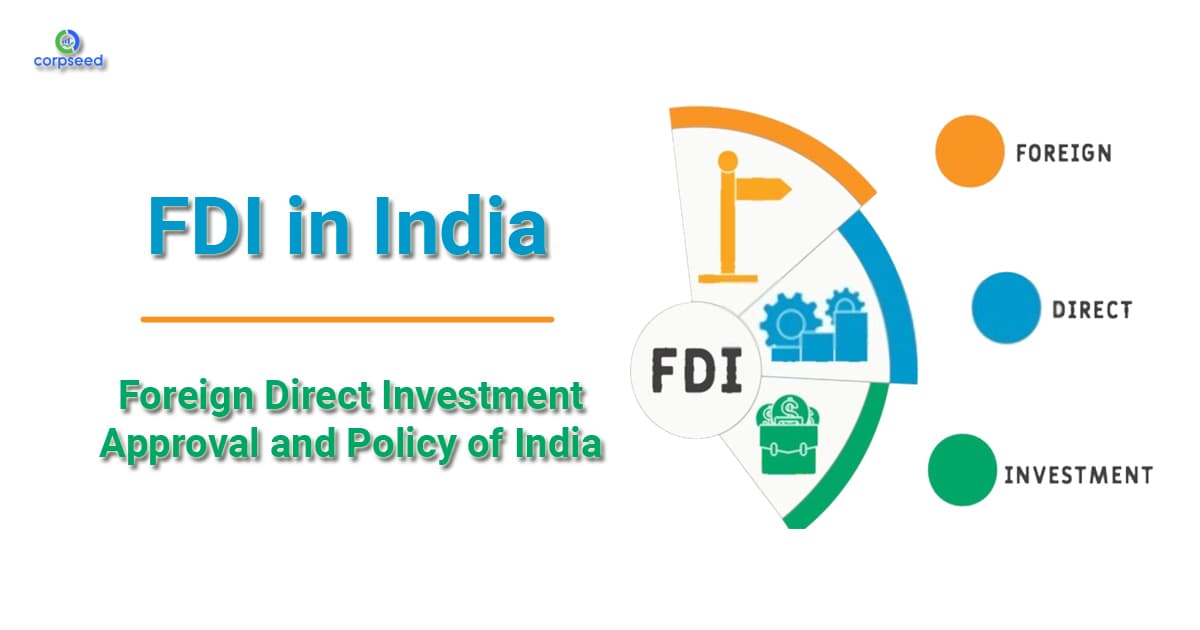
Foreign direct investment (FDI) occurs when a corporation acquires control of a commercial entity in another country. Foreign enterprises that engage in FDI are directly involved in the day-to-day activities of the host country.
About the Author

Experienced Digital Marketer with a demonstrated history of working in the Internet industry. He likes to write about the latest technology trends, Skilled in Digital Marketing likes. Search Engine Optimization, SMO, SEM, PPC, Content Writing, and, Designing, etc.
Related articles
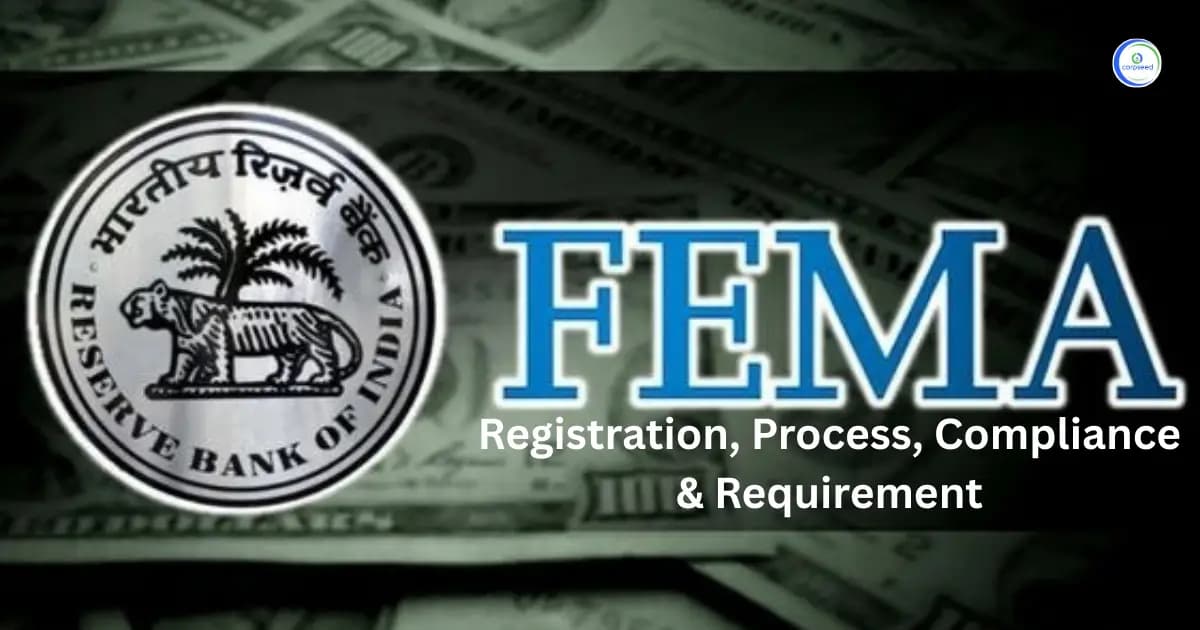
FEMA Registration Process, Compliance, and Requirements
2025-09-10
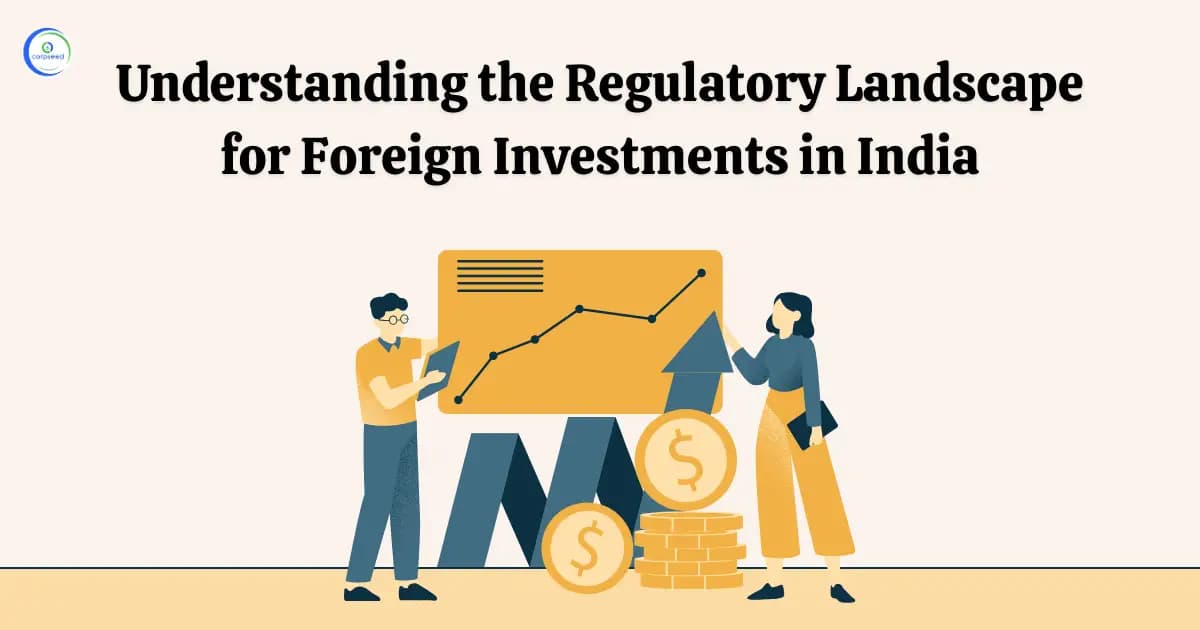
Understanding the Regulatory Landscape for Foreign Investments in India
2025-04-23

How to Start a Factoring Business in India?
2025-01-23
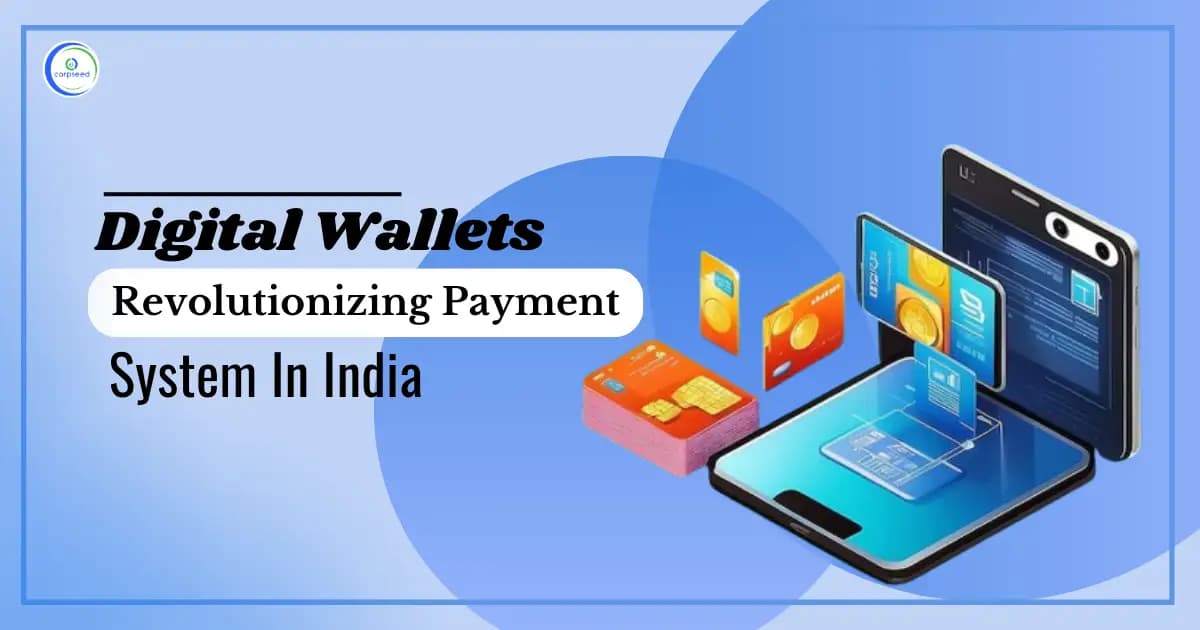
Digital Wallets Revolutionizing Payment System In India
2024-05-09

The effect of Artificial intelligence on Financial Regulatory Compliance
2023-09-26
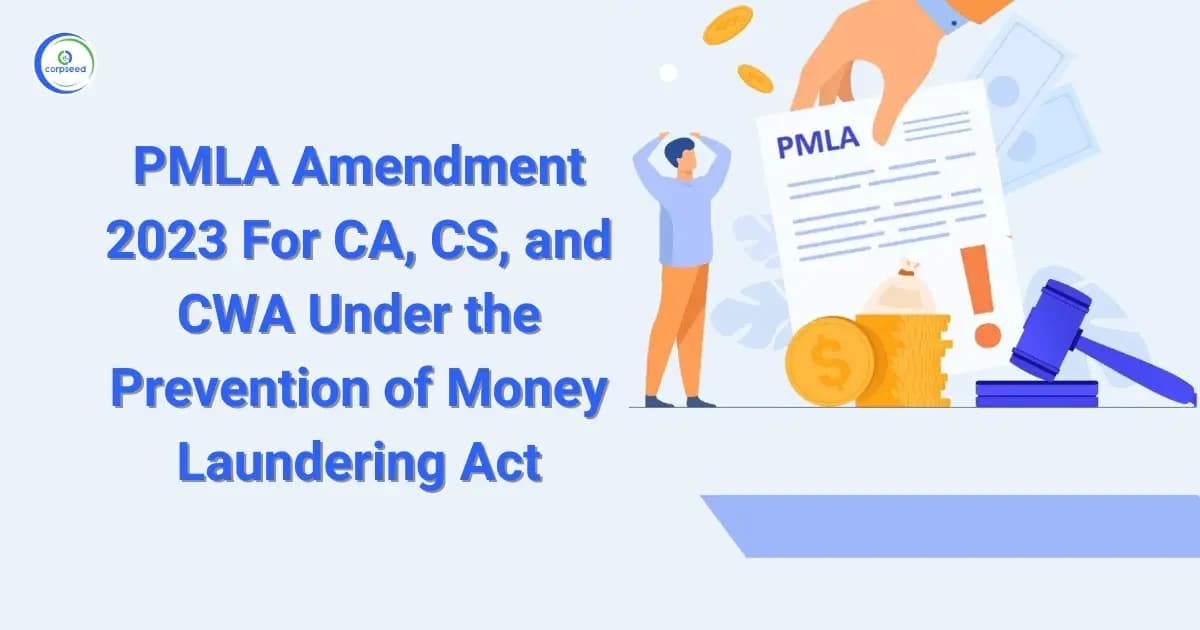
PMLA Amendment 2023 For CA, CS, and CWA Under the Prevention of Money Laundering Act
2023-05-10
Delhi Legal Metrology (Enforcement) Amendment Rules, 2026
2026-02-24 • 0 views
2023-02-27
2026-02-25